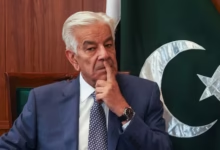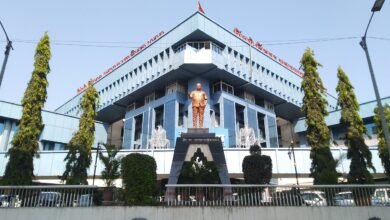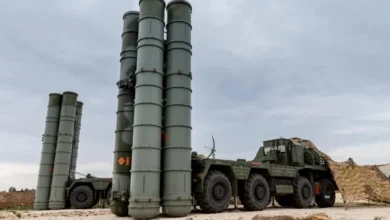Pakistan Warns of ‘Open War’ with Afghanistan If Doha Peace Talks Fail
Islamabad issues stern warning to the Taliban government amid escalating border tensions and militant attacks.

Pakistan’s Defence Minister Khawaja Muhammad Asif has issued a sharp warning to Afghanistan’s Taliban-led government, stating that if the ongoing peace talks in Doha and Istanbul collapse, the situation could lead to “open war” between the two neighbouring nations.
Speaking during a public interaction in Sialkot, Asif said that Pakistan has exhausted diplomatic options to curb cross-border militant activity and now expects Afghanistan to act decisively against groups using its territory to attack Pakistan. “If the peace efforts fail, we will have no choice but to defend ourselves through all possible means,” he warned.
The minister’s remarks come as delegations from both countries continue discussions in Doha and Istanbul to ease rising tensions. The talks were initiated following a series of violent clashes along the Durand Line that left several Pakistani soldiers and militants dead. Islamabad accuses the Taliban regime of harbouring fighters from the Tehrik-i-Taliban Pakistan (TTP), a charge Kabul denies.
According to sources, Pakistan has demanded that Afghanistan prevent militant groups from launching attacks across the border and adhere to the ceasefire mechanism agreed upon earlier this month. The peace framework, brokered with assistance from Qatar and Turkey, was designed to de-escalate tensions and establish joint monitoring systems-but progress has been slow.
Defence analysts believe Pakistan’s latest warning underscores the deteriorating trust between Islamabad and Kabul. “The statement is more than just rhetoric-it signals Pakistan’s readiness to use force if diplomacy fails,” said a senior regional expert.
The Taliban government has yet to issue an official response to Asif’s remarks, though Afghan officials have previously called for restraint and dialogue, blaming “foreign interference” for destabilising relations.
For both nations, the stakes are high. Pakistan faces increasing internal security threats, while Afghanistan, already struggling with economic and humanitarian challenges, risks further isolation if conflict erupts. International observers say the next few weeks will be crucial in determining whether the fragile peace can hold or whether the region will slide into renewed confrontation.
As the Istanbul peace round continues, Pakistan has made it clear: the path to peace lies in action, not words.







Facebook Comments